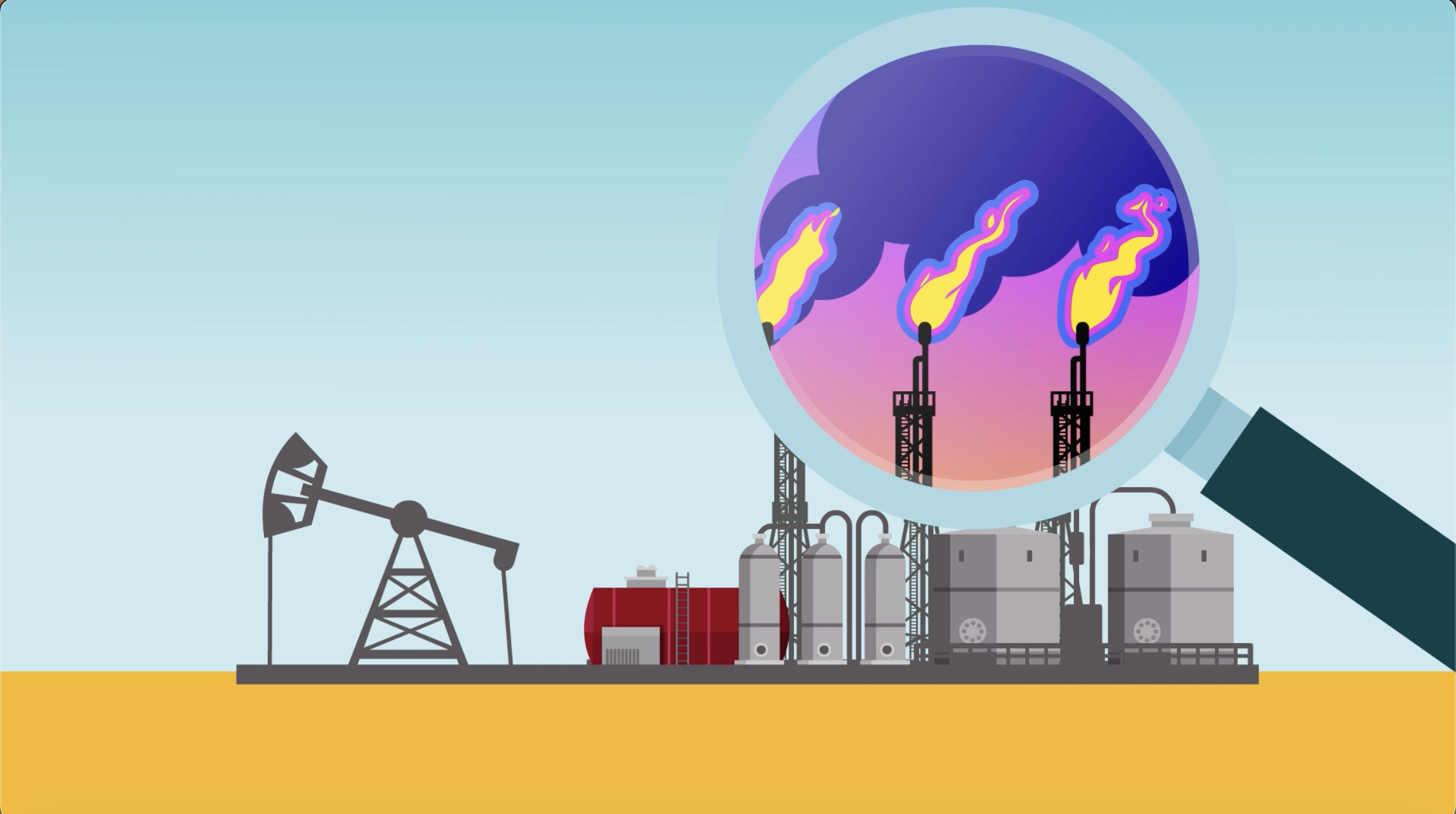Slashing methane emissions is key to limiting a warming climate and will have a massive impact on U.S. climate goals.
The combination of new regulatory measures and the availability of advanced detection technologies has created momentum to reduce methane emissions from the oil and natural gas sector. The Biden Administration is requiring oil and natural gas companies to measure, report, and reduce methane emissions through five separate rules issued by the Environmental Protection Agency (EPA), Bureau of Land Management (BLM), and the Pipeline and Hazardous Material Safety Administration (PHMSA).
As these federal methane rules are developed, there is an opportunity to consider how they can be designed to work together effectively and how they can collectively create incentives to reduce emissions to the greatest degree.
Agencies must also identify regulatory options collectively to foster incentives for owners and operators to minimize emission leaks as well as quickly identify and fix emissions.
Legal Analyses
- Bureau of Land Management Issues Rule to Reduce Wasted Gas from Oil and Gas Operations
- The Inflation Reduction Act’s Waste Emission Charge for Methane Emissions—What Did Congress Require and How is EPA Proposing to Implement the Program?
- EPA’s Final Methane Rule—Incorporating Advanced Technologies and Emissions Data to Reduce Methane Emissions from the Oil and Natural Gas Sector
- Timeline of how EPA’s Super Emitter Program works
- EPA Methane Rulemaking Timeline
- BLM’s Proposed Methane Waste Prevention Rule Summary
- EPA’s Supplemental Methane Proposal – A Comprehensive Regulatory Framework to Encourage Use of Advanced Technologies and Significantly Reduce Methane Emissions
- EPA’s Methane Proposal for the Oil and Gas Sector – A Strong Foundation to Reduce Methane Emissions and Regulatory Path for More
- Weighing the Risks of Using the CRA to Restore EPA’s Methane Standards
- EPA’s Final Methane Emissions Rules Roll Back Standards and Statutory Authority
Podcasts
- Global and US Methane Initiatives: Professor and EELP Founding Director Jody Freeman and a panel of guests discuss international and domestic efforts to reduce methane emissions, the Global Methane Pledge from COP26, the Oil and Gas Decarbonization Charter from COP28, the Biden administration’s recently released final methane rule for the oil and natural gas sector, the technology innovation that is making it increasingly possible to detect methane leaks, and the climate benefits of focusing on methane.
- EPA’s supplemental methane proposal and the use of advanced technologies: Executive Director Carrie Jenks, Kyle Danish, and Dan Zimmerle, discuss EPA’s supplemental proposal to reduce methane emissions from the oil and natural gas sector and how the regulatory framework EPA has proposed is designed to enable the use of advanced technologies to better detect — and reduce — emissions.
Regulatory Tracker Pages
